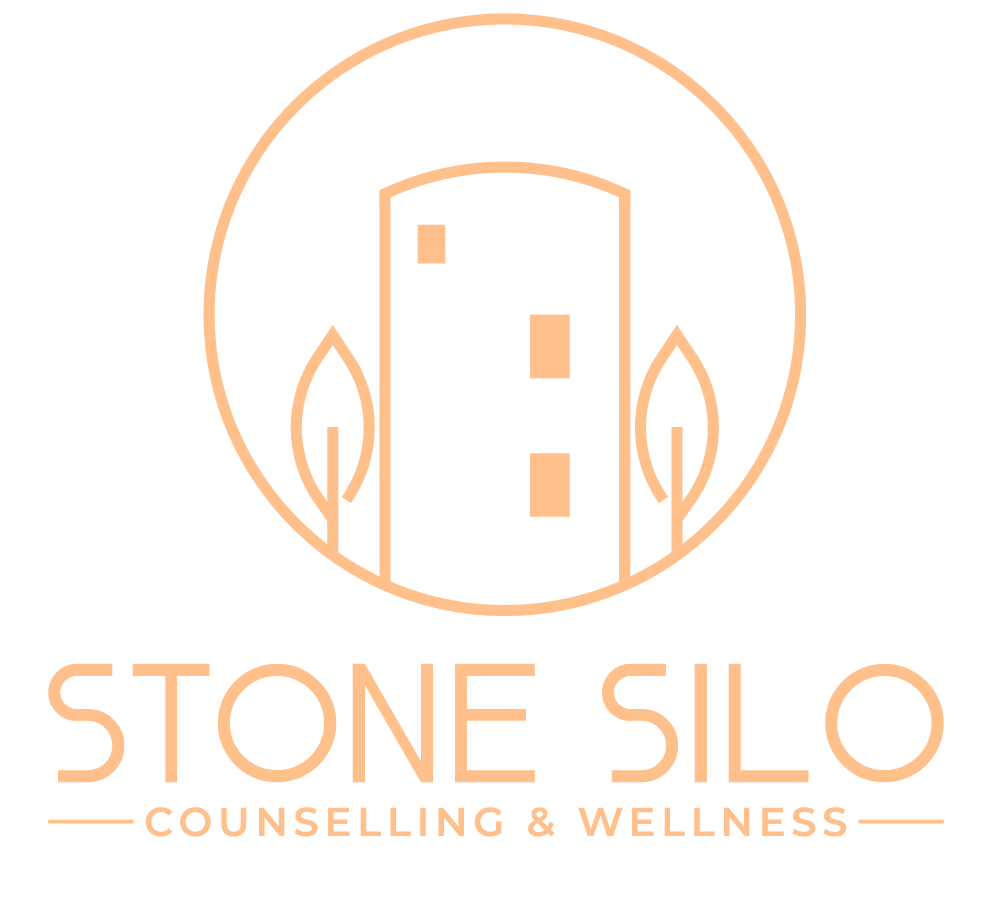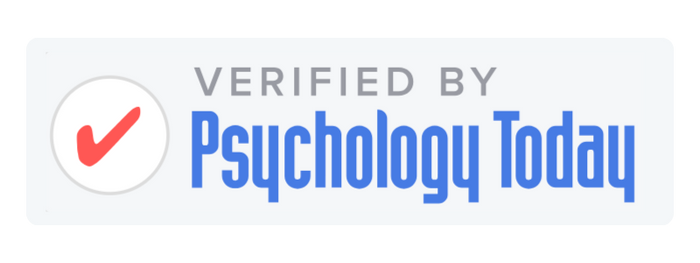In a fast-paced world where stress and anxiety have become commonplace, individuals are increasingly seeking holistic approaches to promote mental health and overall well-being. One such practice gaining popularity is Reiki, an ancient Japanese healing technique that focuses on channelling energy to restore balance and harmony within the body.
In this blog post, we will delve into the background of Reiki, exploring its principles and the profound impact it can have on mental health.
Principles of Reiki
Central to Reiki is the belief in the existence of a universal life force energy that flows through all living things. Practitioners harness this energy and act as conduits to direct it to areas of the body where it may be blocked or imbalanced. Reiki operates on the principle that physical, emotional, and mental well-being are interconnected, and by addressing imbalances in the energy flow, individuals can experience holistic healing.
Reiki sessions typically involve a practitioner placing their hands lightly on or near the recipient’s body, facilitating the transfer of healing energy. There is no physical manipulation involved, making Reiki a non-invasive and gentle practice suitable for people of all ages.
The Holistic Impact on Mental Health
As the mind-body connection gains recognition in the field of health and wellness, Reiki has emerged as a complementary therapy for mental health concerns. The calming effects of Reiki can help alleviate symptoms of stress, anxiety, and depression. By promoting relaxation, Reiki facilitates a state of mental clarity, enabling individuals to better cope with the challenges of daily life.
Reiki is not limited to addressing existing mental health issues; it is also employed as a preventive measure. Regular sessions can contribute to overall emotional resilience, fostering a sense of balance that acts as a buffer against the demands of modern living.
Scientific Perspective
While the efficacy of Reiki is often subjective and varies from person to person, some scientific studies have explored its potential benefits. Research suggests that Reiki may help reduce stress, anxiety, and pain perception. While more studies are needed to fully understand the mechanisms at play, the positive anecdotal evidence from individuals who have experienced the benefits of Reiki is compelling.
Key Benefits of Reiki
Among the many alternative therapies, Reiki stands out as a gentle yet powerful practice that taps into the universal life force energy. Rooted in ancient Japanese traditions, Reiki has found its way into contemporary wellness practices, offering a myriad of benefits for both physical and mental well-being.
Stress Reduction and Relaxation
Reiki is renowned for its ability to induce deep relaxation and alleviate stress. As the practitioner channels energy through their hands to the recipient, a profound sense of calm envelops the body and mind. In our hectic lives, where stress has become almost inevitable, Reiki provides a sanctuary of tranquillity, allowing individuals to release tension and find balance.
Balancing Energy Centers (Chakras)
According to Reiki philosophy, imbalances in the body’s energy centers, or chakras, can lead to physical and emotional ailments. Reiki works to restore harmony to these energy centers, promoting overall well-being. By clearing blockages and ensuring a free flow of energy, individuals may experience improved vitality and a heightened sense of vitality.
Pain Management and Healing
Scientific studies have suggested that Reiki may contribute to pain reduction and faster healing processes. The energy transmitted during a Reiki session is believed to stimulate the body’s natural healing abilities. While Reiki does not substitute medical treatment, it can complement conventional approaches, fostering a holistic approach to pain management and recovery.
Enhanced Mental Clarity and Focus
As Reiki brings about a state of deep relaxation, the mind becomes clearer, and focus improves. Many practitioners report a heightened sense of mental clarity and creativity after receiving Reiki. This mental balance can contribute to better decision-making and a more positive outlook on life.
Emotional Healing and Release
Emotions, when left unattended, can manifest as physical ailments. Reiki encourages emotional release by addressing the root causes of emotional pain. It provides a safe space for individuals to confront and release suppressed emotions, promoting emotional healing and fostering a sense of inner peace.
Boosted Immune System
A growing body of research suggests that stress reduction and energy balance, facilitated by practices like Reiki, can positively impact the immune system. By promoting a state of relaxation, Reiki may contribute to a stronger immune response, helping the body defend against illness.
Beyond its physical benefits, Reiki offers a holistic approach to well-being, addressing the intricate connection between mind, body, and spirit. As individuals continue to seek alternative paths to wellness, the gentle touch of Reiki emerges as a beacon of hope, inviting us to embrace the profound benefits of healing energy.
Challenges of Reiki Therapy
While many enthusiasts praise the benefits of reiki, it’s important to understand that the path of Reiki isn’t for everyone. Let’s take a look at the pain points associated with Reiki, shedding light on the challenges that seekers may encounter along the way.
Skepticism and Misunderstanding
One of the initial hurdles for individuals exploring Reiki is the skepticism that surrounds energy healing practices. The concept of channelling energy for healing can seem esoteric and abstract, leading to skepticism from those who prefer more tangible, scientifically backed approaches. Navigating through this skepticism and overcoming the societal stigma associated with alternative healing methods can be a genuine challenge.
Dependency on Practitioners
In the practice of Reiki, individuals often seek the expertise of trained practitioners to facilitate the energy flow and promote healing. However, a potential pain point arises when practitioners become a crutch, and individuals find themselves dependent on external sources for their well-being. Empowering individuals to take an active role in their healing journey without excessive reliance on practitioners is an ongoing challenge.
Lack of Scientific Validation
Reiki, like many alternative healing practices, lacks robust scientific validation. While countless anecdotal accounts attest to its efficacy, the absence of concrete scientific evidence can be a stumbling block for those who seek empirical validation. Bridging the gap between ancient wisdom and modern science remains a challenge, and individuals may grapple with doubts regarding the legitimacy of Reiki.
The Emotional Release
Reiki is renowned for its ability to release blocked energy and emotions, often leading to an emotional catharsis during or after a session. While this release is a key aspect of the healing process, it can be a painful and overwhelming experience. Confronting deep-seated emotions and allowing them to surface can be a daunting task, requiring courage and resilience from the seeker.
Time and Commitment
Reiki is not a quick fix. It requires time, commitment, and consistent practice to experience its full benefits. In a fast-paced world, finding the time for regular self-care and Reiki sessions can be challenging. Balancing the demands of daily life with the dedication required for Reiki practice may pose a hurdle for individuals seeking its transformative effects.
The path of Reiki, though laden with potential for healing and self-discovery, is not without its challenges. By acknowledging these challenges, we can better understand the nuances of the Reiki journey and work towards a more holistic approach to healing and well-being.
Amidst the challenges, Stone Silo Counselling and Wellness stands as a guiding light, offering support and expertise during your wellness journey. Our experienced practitioners provide a safe space for individuals to explore and embrace the benefits of improved well-being.
Reiki and Reflexology: Complementary Healing Practices
While Reiki focuses on channeling energy throughout the body, reflexology targets specific points on the feet, hands, and face to promote healing. Both therapies share a holistic approach to wellness and can work synergistically to enhance overall well-being.Like Reiki, reflexology aims to restore balance and promote relaxation. By combining these therapies, individuals may experience a more comprehensive approach to stress reduction, pain management, and emotional healing.At Stone Silo, we offer both Reiki and reflexology services. If you’re interested in exploring how reflexology can complement your Reiki practice or vice versa, we invite you to learn more about our reflexology services.
We invite you to take a step towards well-being, encouraging you to experience the gentle touch of Reiki and discover the profound benefits it can bring to your life. Book your session and take the first step towards balance and healing. Your path to holistic wellness begins here.
Anderson, Ellen Zambo, and Cindy Wolk-Weiss. “Reiki.” ScienceDirect, Accessed 23 Nov. 2023..





